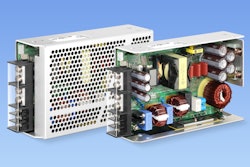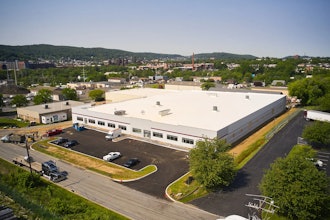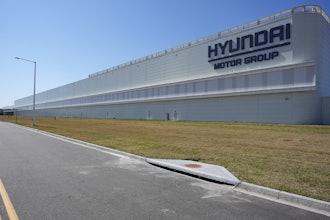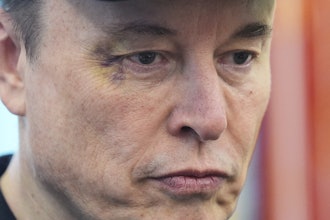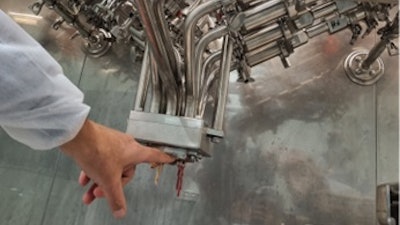
For many years, engineers and gourmets around the globe have been trying to copy real steak so that the non-animal version would not differ from the original. Tofu bolognese: No problem. Burger patties: They too are now tasty and are increasingly being grilled by meat lovers. But far from it: When it comes to the king of steaks - or rather the optimal process for it - quite a few fail. They are either too firm, too soft, too little texture, unattractive; the list goes on and on, and especially with steak, taste is not everything.
However, all that is now history. The idea, the recipes and the associated production process come from the Israeli company Redefine Meat. And the patent-pending New Meat Printer includes elaborate dosing technologies from ViscoTec. This changes the situation completely: Those responsible at Redefine can finally reproduce, i.e. print, meat that hardly differs from beef in texture, taste and chewing experience.
Currently, Redefine Meat is able to produce about 10 kg of New Meat per hour. Upscaling to larger quantities is already in full swing.
Obviously, with all the challenges and market potential, the exact recipe is and must remain a closely guarded secret. Once all the raw materials are mixed, the result is a viscous liquid whose dosage is a challenge. Complex dosing geometries are used to extrude long threads of the fibrous material into thin webs. Many layers of these sheets on top of each other finally result in a piece of meat.
With the VHD Hygienic Dispenser, this demanding dosing task can be mastered. The independent of viscosity dosing technology - in a range of 1 - 7,000,000 mPa*s - enables a uniform, low-pulsation discharge of the tough material. The pressures required are achieved by a multi-stage dosing geometry. In order to be better integrated into an automated cleaning process, the VHD was also specially adapted for the customer.
Once the printing process is complete, the finished piece of meat only needs to be portioned and packaged in a commercially available way. Those responsible in Israel are currently working on upscaling, knowing that meat from the laboratory can solve many ethical and ecological problems and is enjoying increasing popularity worldwide - and not just since the debate over climate change. ViscoTec is also on board for all topics related to technical upscaling. As a strategic partner, the experts for dosing systems ensure that even with very large quantities, everything runs like clockwork - or as in this case: Printed.





